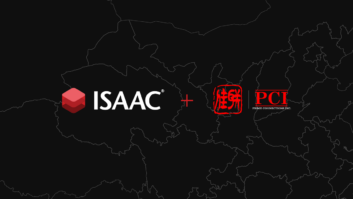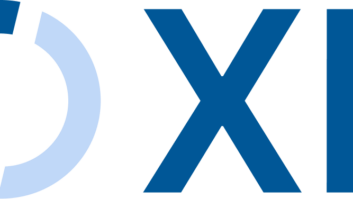NSCA Focus: Your Licensure, Please
Dec 1, 2003 12:00 PM,
By Kim Doyle
The age-old issue of licensure is a problem, no matter what state you conduct business in. However, time is sometimes the best answer. As it stands now, the electronic systems industry may enjoy a big victory soon.
For years Massachusetts has tried to pass a law requiring systems integrators to work under the guidance of electricians. Ultimately, the state licensing board was interested in fire and alarm work — seemingly a lucrative expansion of its electrical expertise. A/V was also considered key, and there has been an aggressive move to require electrical licenses of systems professionals ever since. In an attempt to gain consensus and pass a bill, the state legislature recently held two hearings about this and other proposed bills. NSCA member company Shanahan Sound and Electronics of Lowell, Massachusetts, participated in the hearings on behalf of NSCA, along with representatives of CEDIA, CEA, the Massachusetts Systems Contractors Association, and others.
“I want licensure,” says Catherine Shanahan, president and CEO of Shanahan Sound and Electronics. “It elevates the industry and weeds out the people who aren’t qualified. It must represent our industry and what we do, though.”
Shanahan’s beliefs echo the NSCA’s position statement. The NSCA hasn’t historically been a proponent of licensure; the organization believes it adds the need for further company expense and management. However, the NSCA does recognize the benefits of licensure as an effective way to measure skill for the good of the industry and the consumer, but only if the license is based on training pertinent to the distinct skill set of electronic systems.
“Licensing is always good as long as it’s appropriate and effective and reflects who we are and what we do,” says Shanahan. “The more we can get legislators to understand the difference between systems integrators and electricians the better. It is fundamentally unfair to have degreed engineers become electricians.”
Shanahan recently spoke against the bill as it is currently written in two separate congressional hearings, informing legislators of the dynamics of the industry, the standard occupation code, and the NSCA’s approved EST training that supports our skill sets. “We provided the House minority leader [Rep. Nancy Pelosi] with figures on our industry and who would be impacted, and that really worked.”
Thanks to Shanahan and other associations, the proposed bill in Massachusetts was set aside for now. The NSCA believes that this was a victory for systems integrators and a process befitting of duplication in other states across the United States, such as California, which is also under great pressure to bring the debate of licensure and certifications to some sort of closure.
Ultimately, NSCA’s goal is to inform lawmakers nationwide of the industry, as well as the EST training and certification that validates our expertise. The NSCA encourages member companies to take up this struggle state by state, because it can affect everyone. Together we can make an industry-defining impact.
Kim Doyleis the NSCA communications director. She may be reached at[email protected].
NSCA BUILDING CONNECTIONS
For more information about training and certifying ESTs, contact the NSCA University at (800) 446-6722 or visit www.nsca.org.
I’m Just a Bill
A new benefit for the members of NSCA is an online Legislative Watch. By logging onto the NSCA Web site, www.nscaexpo.org, corporate members may track bills of note to the systems industry state by state. For more information about the Legislative Watch, the EST Training Series, or certification, please contact the NSCA at (800) 446-6722.









